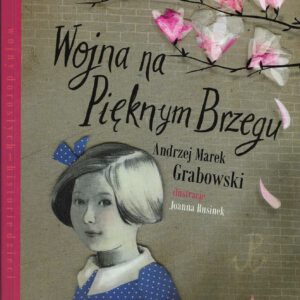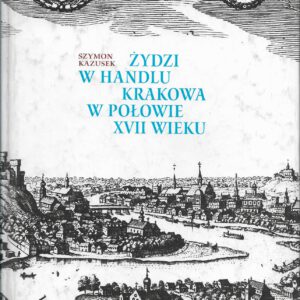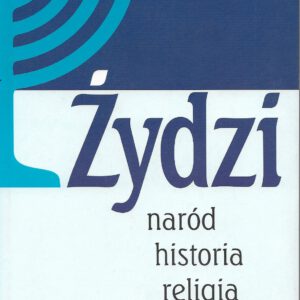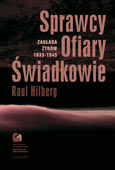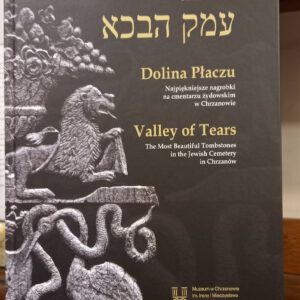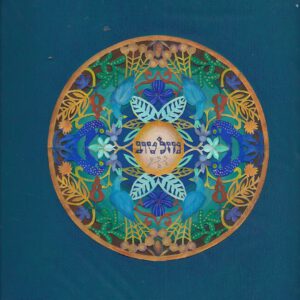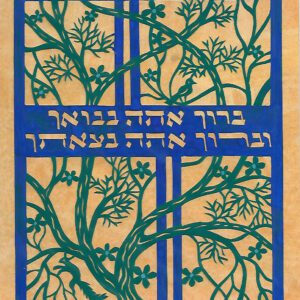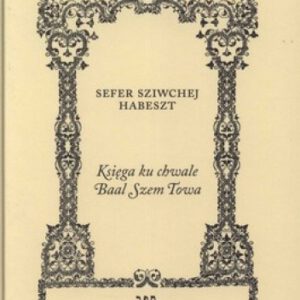Opis
Leszek Dulik Konrad Zieliński
The album “The Lost World” is a journey in time to the world which does no longer exist.
The journey begins with a photograph of Luboml, a small town in eastern Poland where nearly 95% of the population were Jews. The last photograph in the album is a fascinating portrait of Zuzanna Ginczanka, a Polish poet and a member of the cultural elite of the mid-war Poland.
Between those two photographs evolves the story of the Jewish life in Poland before World War II. 462 photographs reveal how unusual that world was and how rich and diversified it was.
The album was divided into eight topical parts provided with an in-depth historical commentary. It will enable readers to get acquainted with small Jewish towns, tzadiks’ courts, social organisations, sports clubs, political parties and important creators of Polish and Jewish culture.
The protagonists of the album include both outstanding people and ordinary ones, the rich and the poor. We watch them at work and while resting, in their houses and in the streets. It is a picture captured short before the tragedy. Its protagonists do not know yet that they themselves and the world they live in will soon perish.
The photographs were authored by excellent photographers like Alter Kacyzne, Benedykt Jerzy Dorys, Wilhelm Zeew Aleksandrowicz or Henryk Poddębski but also by many creators who remain unknown.
We do not avoid difficult matters in the album. We underline that the drama of the times we depict was anti-Semitism. Particularly painful and tragic was the fact that those who felt Poles and who identified themselves with Poland were perceived by anti-Semites as their most dangerous enemies.
In the section “From the Authors” we quote two opinions on the world depicted in the album. I. B. Singer, a great Jewish writer and a Nobel Prize Winner for Literature thought that Poles and Jews had lived side by side for 800 years and yet they did not succeed in creating one community. Zbigniew Herbert, an outstanding Polish poet, on the other hand, claimed that Poland without Jews and other minorities ceased to be Poland.




